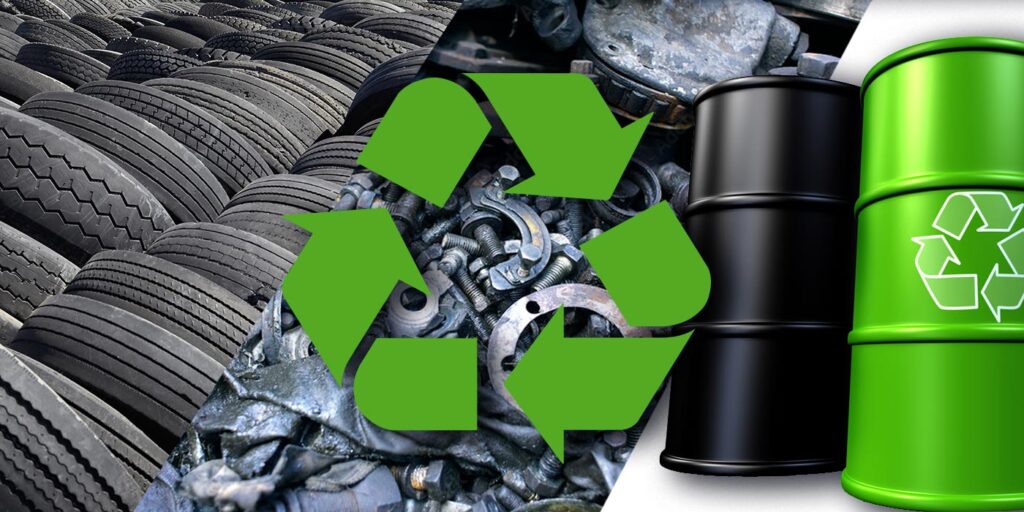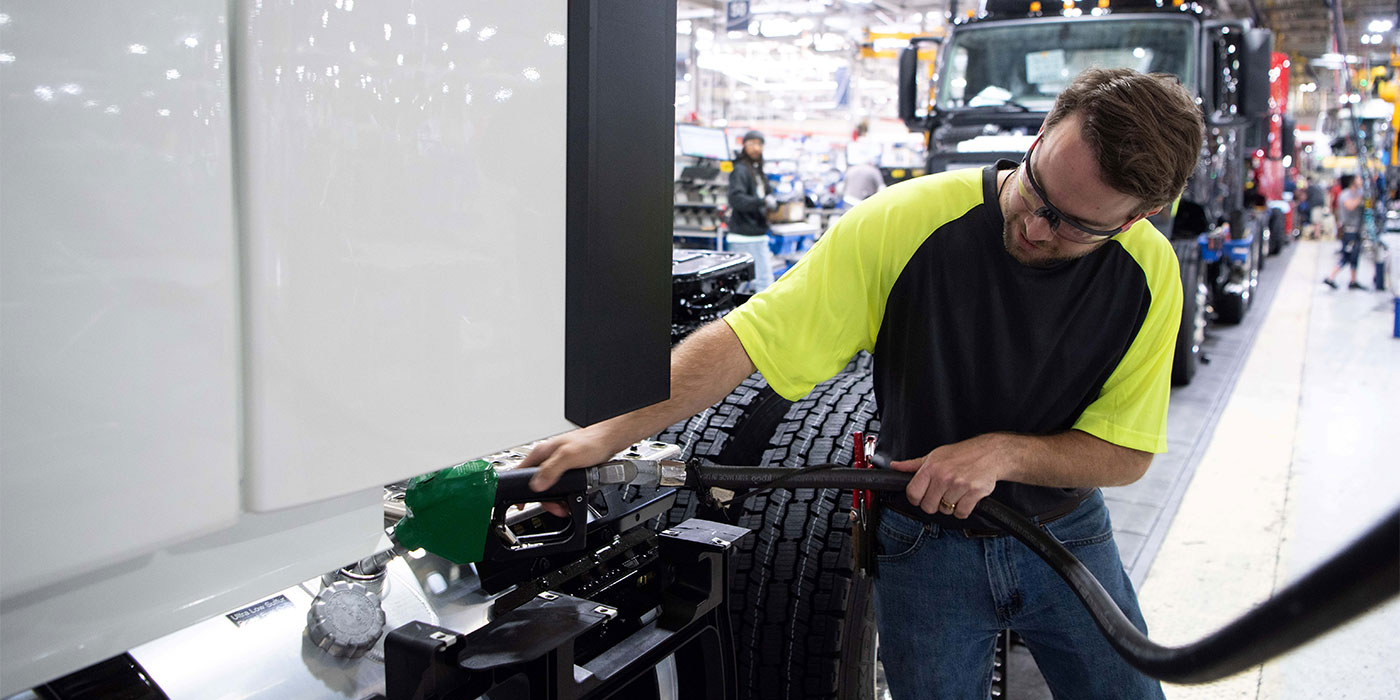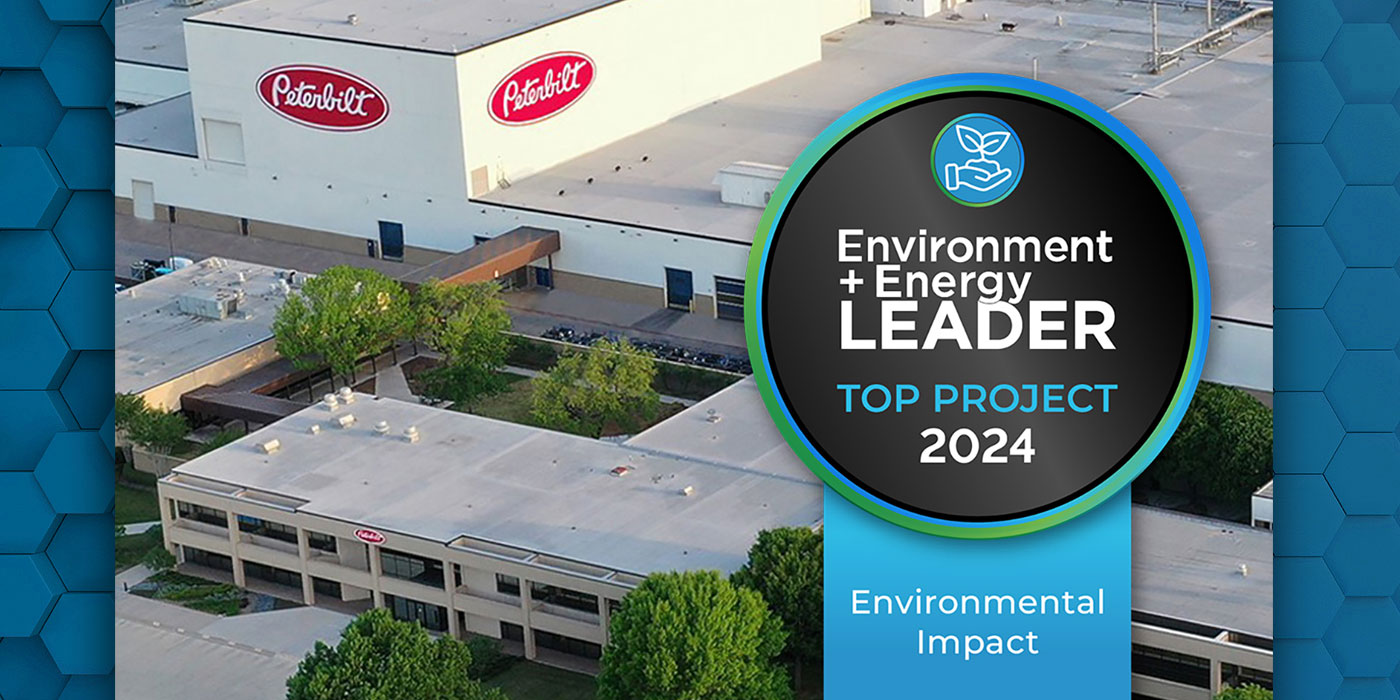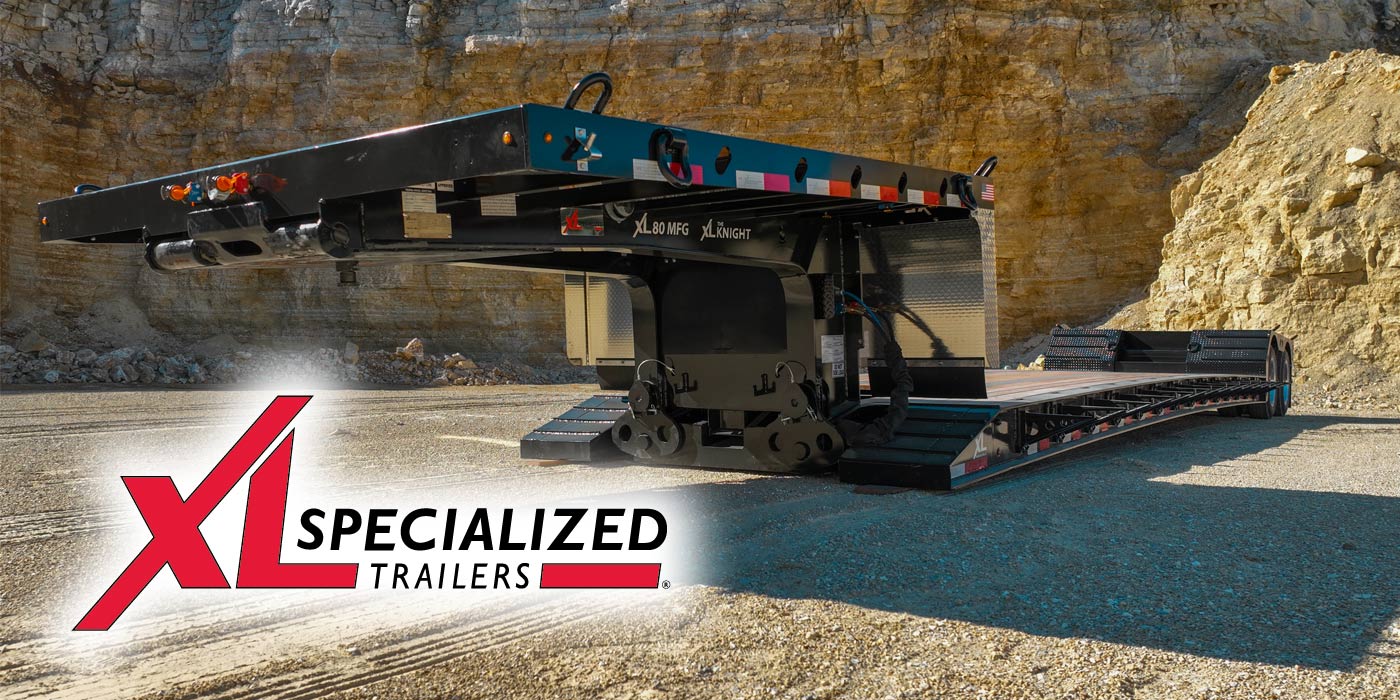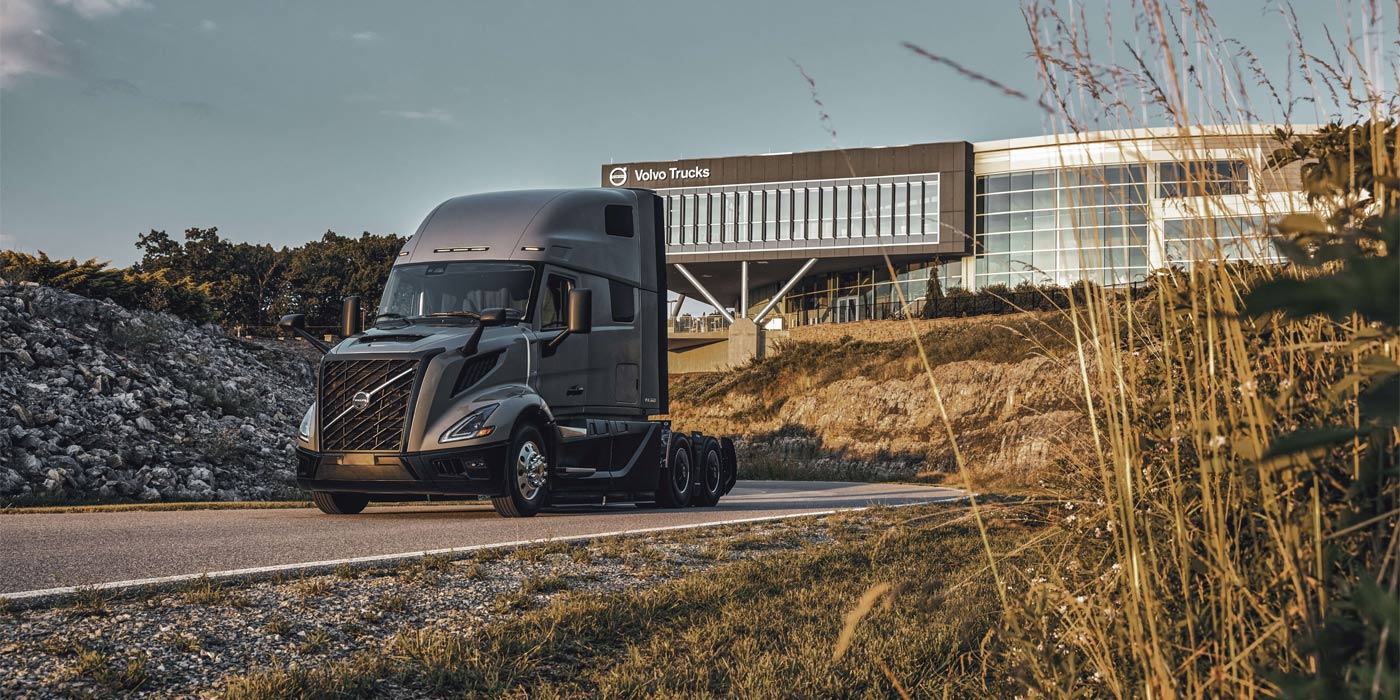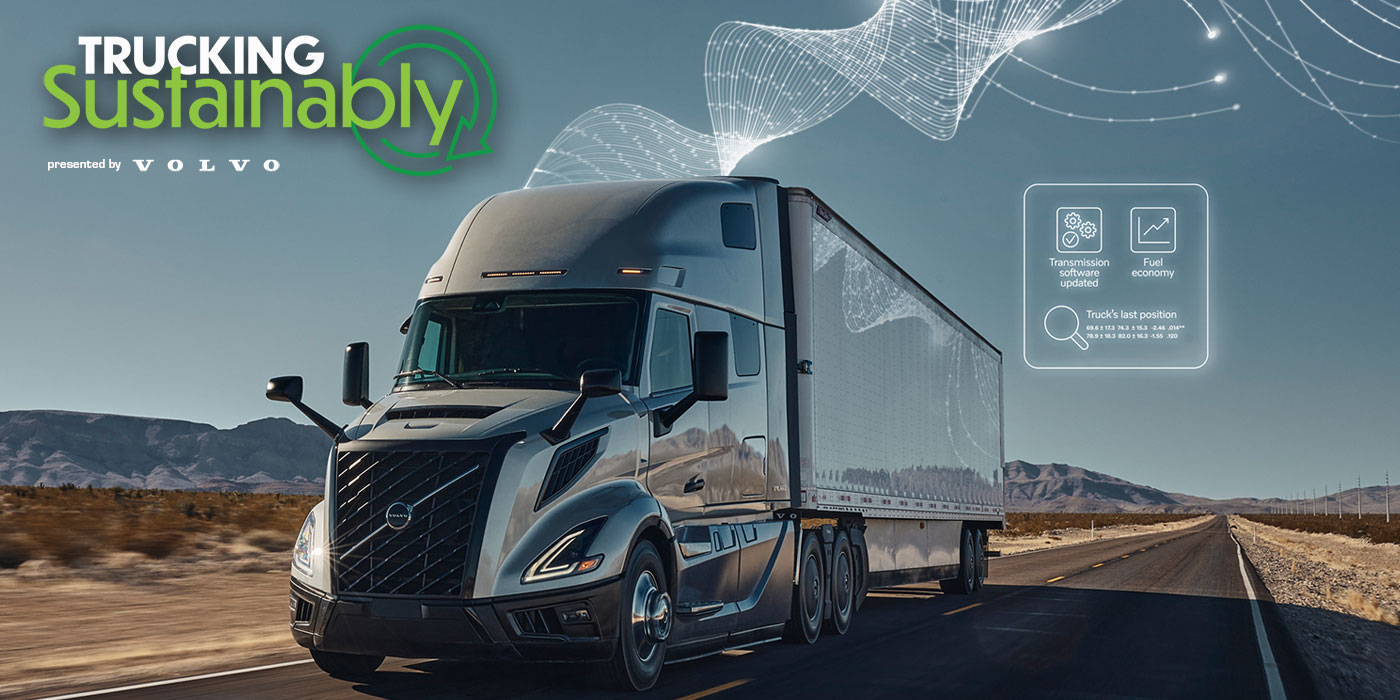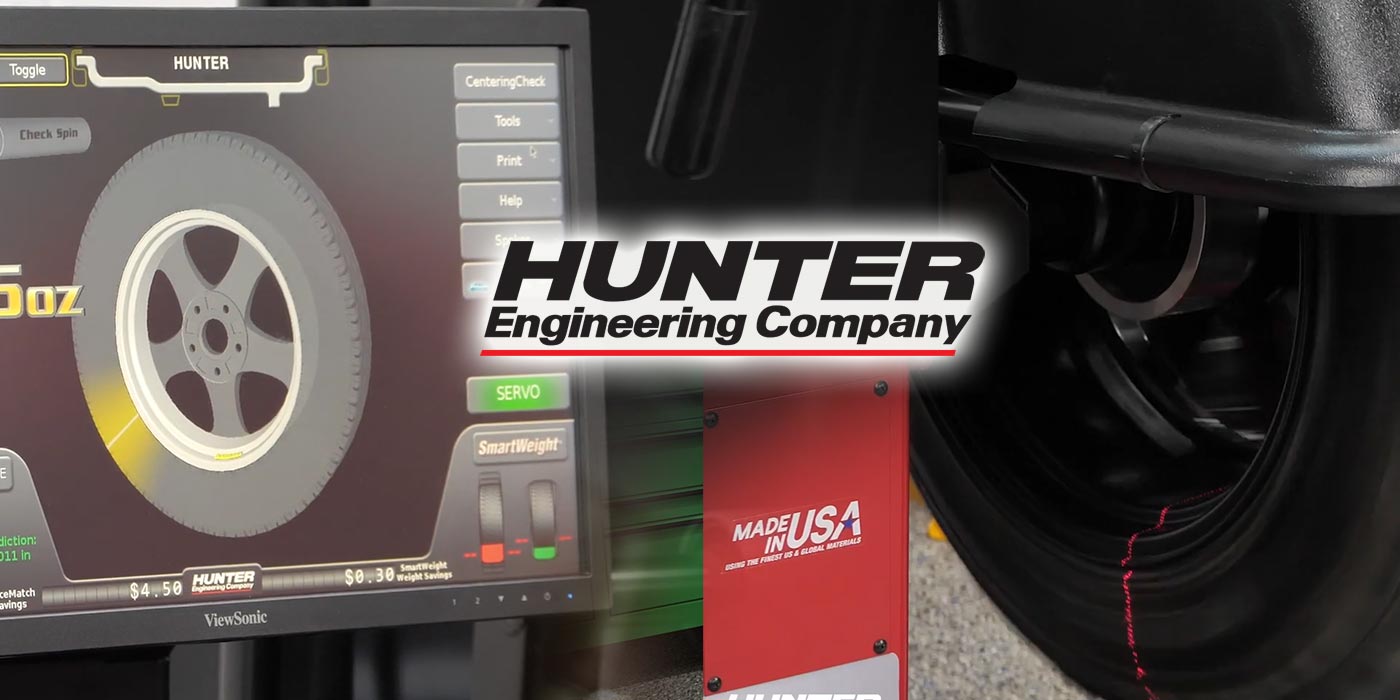Many fleet operators want to be more sustainable, but balancing their environmental impact and bottom line can be tricky. High fleet demand paired with COVID-19 restrictions, as well as historic driver and supply shortages may stretch your business to its limits, but there are simple methods to help your businesses go green without spending a lot of green.
It’s a new year with new business goals. Make sustainability one of them. Launch a thoughtful conversation around sustainability with these three best practices as your guide!
Perform regular fleet maintenance
Taking the fleet off the road can feel like a hindrance during the busy seasons. In the long run, it will reduce their emissions and keep the road safe. Something as minute as checking a fleet’s tire pressure will make it more efficient, decrease the risk of costly, unplanned repairs and extend its life span.
Recycle common waste: It’s more than oil and tires
There’s no getting around the fact that it’s tempting to toss used parts and fluids in the trash. But, these materials add to landfills when they could easily be recycled or reused instead. These vehicle items can have second lives, and recycling them can possibly put cash in your pocket:
- Oil can be refined, recycled and reused;
- Tires can become rubberized asphalt, fuel, or fun DIY projects;
- Upholstered seat material can be harvested and turned into furniture;
- Windows can be recovered and recycled to produce bottles, fiberglass insulation and other valuable everyday products:
- Scrap metal can be sold, melted and reused; and
- Batteries can be broken down into various parts, such as plastic, lead and acid.
Dispose of hazardous waste properly
Fluids like antifreeze, coolant fluid, brake fluid and windshield washer fluid contain toxic chemicals and metals that often end up in soil and waterways. According to the Environmental Protection Agency, a single gallon of oil can contaminate one million gallons of drinking water. Properly disposing of and recycling hazardous material is one small step fleet operators can take to protect the planet, decrease emissions and be in compliance with all applicable federal, state and local regulations.
Bonus tip: Strengthen sustainability practices with data analysis and reporting
Setting up a playbook for your fleet can help increase efficiencies and let you do more with what you have. You may be surprised by the data you can measure, such as tire pressure, fluid levels or something as specific as excessive idling. Reporting can go hand in hand with many other goals in your sustainability strategy. For example, tracking a vehicle can help right-size fleets and know which are the least effective. In addition, the data results can unlock more smart business goals for sustainable fleet management.
Hit your 2022 goals and start measuring your success today.
Ray Hatch is president and chief executive officer of Quest Resource Management Group, a national provider of waste and recycling services that enable businesses to achieve and satisfy their environmental and sustainability goals and responsibilities.

